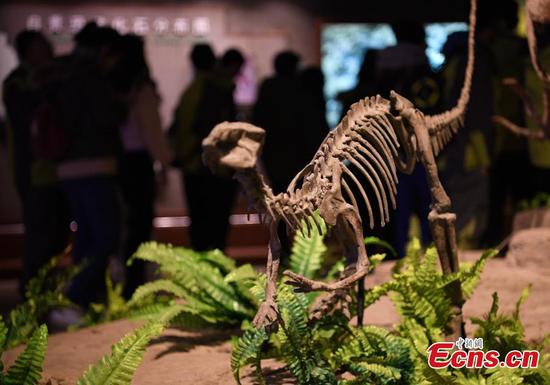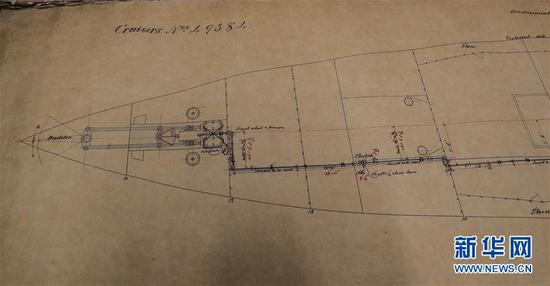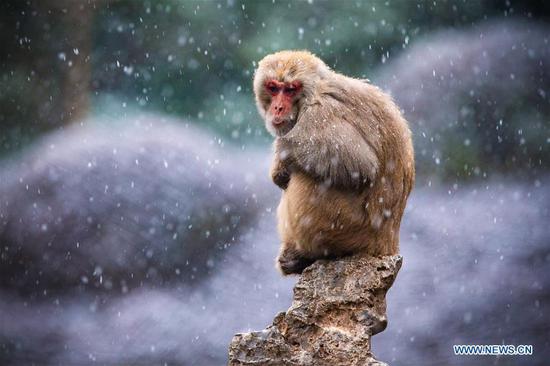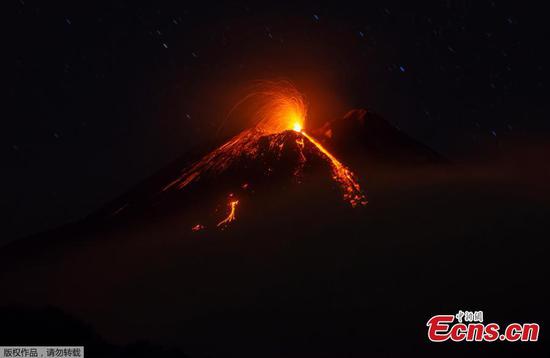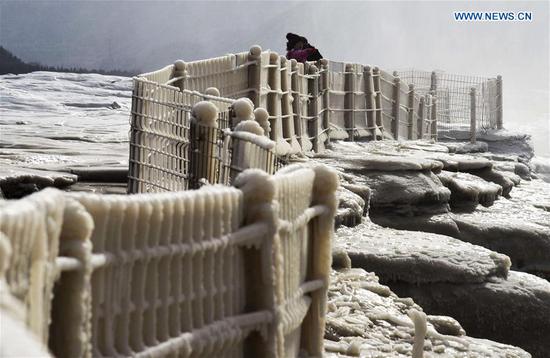Nearly 200 coral species in the deeper regions of Australia's iconic Great Barrier Reef have been found instead of about 30 species previously recorded, pointing to the significant role of the major marine organisms' habitat, according to the latest research.
The latest count represented about half of the coral species in the region and suggested an important function of deeper habitats which could be crucial in preserving biodiversity and helping to regenerate damaged shallow reef areas, research team leader Dr. Paul Muir from the Museum of Tropical Queensland said in a statement on Wednesday.
The study, which deployed remotely-operated vehicles and specialized diving techniques to find the coral species, sheds light on deeper reef areas providing some protection from coral bleaching and severe storm events that increasingly threaten marine environments worldwide.
Coral bleaching occurs when the reef colonies lose their vivid color in waters that are too warm for the microscopic algae living in them, with sustained bleaching leading to coral death.
The findings suggest an important role for deeper habitats, particularly depths of 30 meters to 45 meters, according to the researchers. Their study was published in the Proceedings of the Royal Society B scientific journal.



















